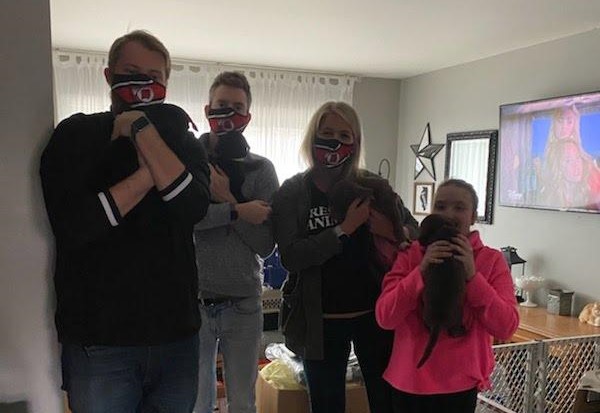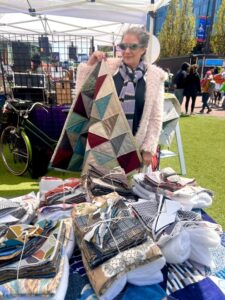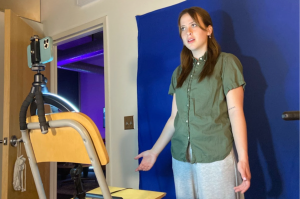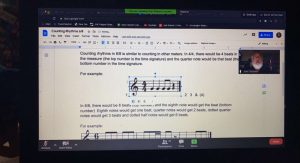With her students being remote due to the pandemic, special education teacher Christina Botica noticed one thing they had in common: pets.
Being an animal lover, Botica enjoyed seeing her students’ pets on camera during class and seeing them be eager to introduce them. Then one day while she was doing some cleaning around the house, she came across an unused pet item.
This discovery, coupled with her learning about one of her students fostering puppies for a local animal shelter, inspired Botica to start the Transitional Employment Program’s Pet Project.
The Transitional Employment Program, or TEP, is a job skills-based program with Bremen High School District 228 that gives students with learning disabilities real work experience that will help them gain employment in the future.
Before the pandemic, the students from all four schools within the district would be bused to South Suburban College to do clerical and custodial tasks. Matthew Kentner, a job coach in the TEP, says that at the community college, the students can be independent with the tasks they are assigned. “It’s less structure than you would get in a regular school setting.”
In the classroom back at their respective schools, students would review basic job skills, such as proper communication and interviewing techniques as well as learning how to fill out a job application. “It gets them ready for the real world when they graduate and get a job,” Botica said.
When the pandemic began, however, TEP students couldn’t go to South Suburban to work on their skills in person. This prompted the paraprofessionals to get creative with what the class could do to gain what they were missing in person.
The donation drive proved to be successful, with more than 500 items from all the schools being donated. It also provided an opportunity for the students to learn more of their soft skills along the way, whether they were remote or in person. Those skills included communication, teamwork, and responsibility.
Kentner said that one of the things they did was take inventory of all items that were donated and work on a Google Doc of the items together despite being apart. “They were able to learn and help out a community as a team,” Kentner said.
When asked about doing more donation drives in the future with her class, Botica said that these projects could very well be an annual activity, citing how well the Pet Project went.












Be First to Comment